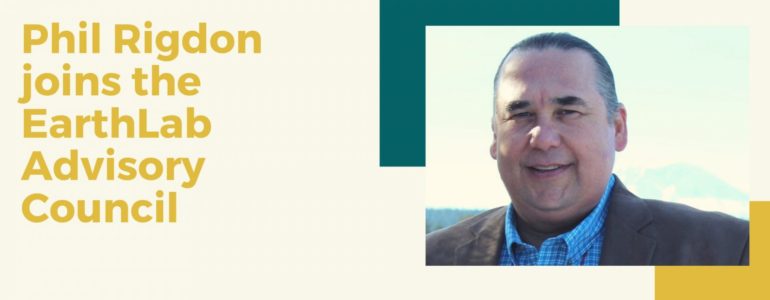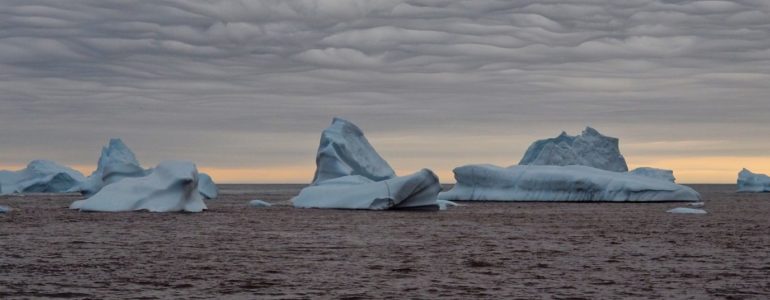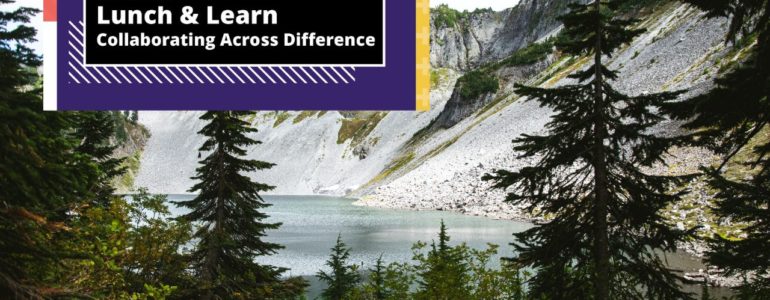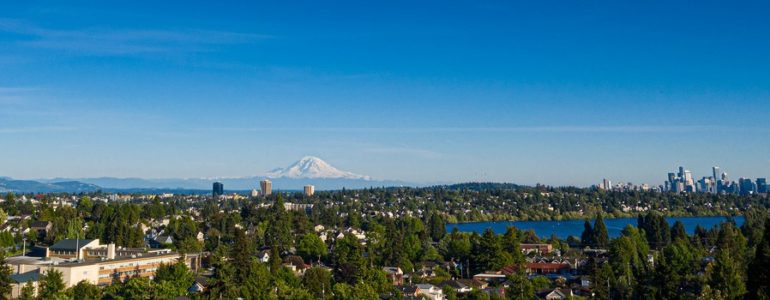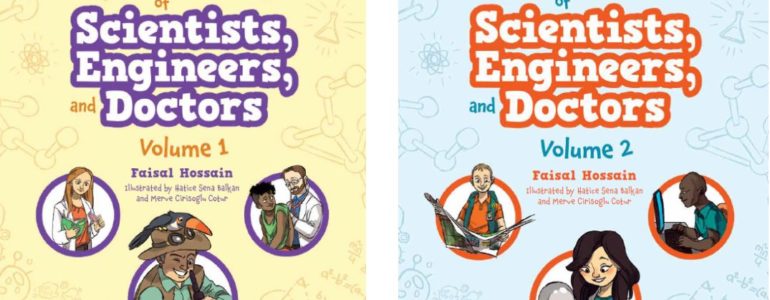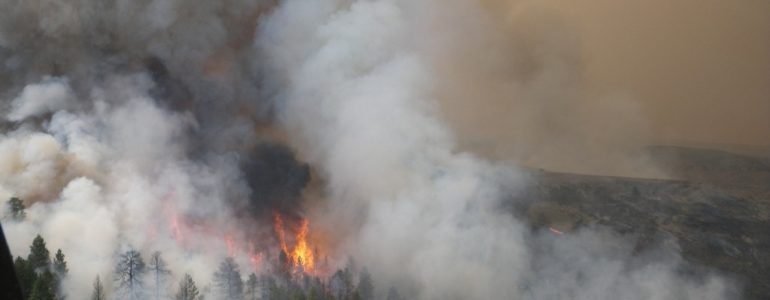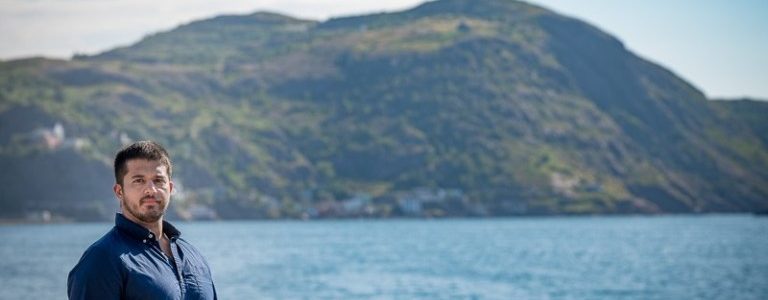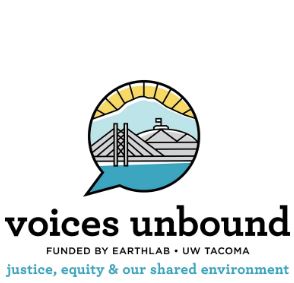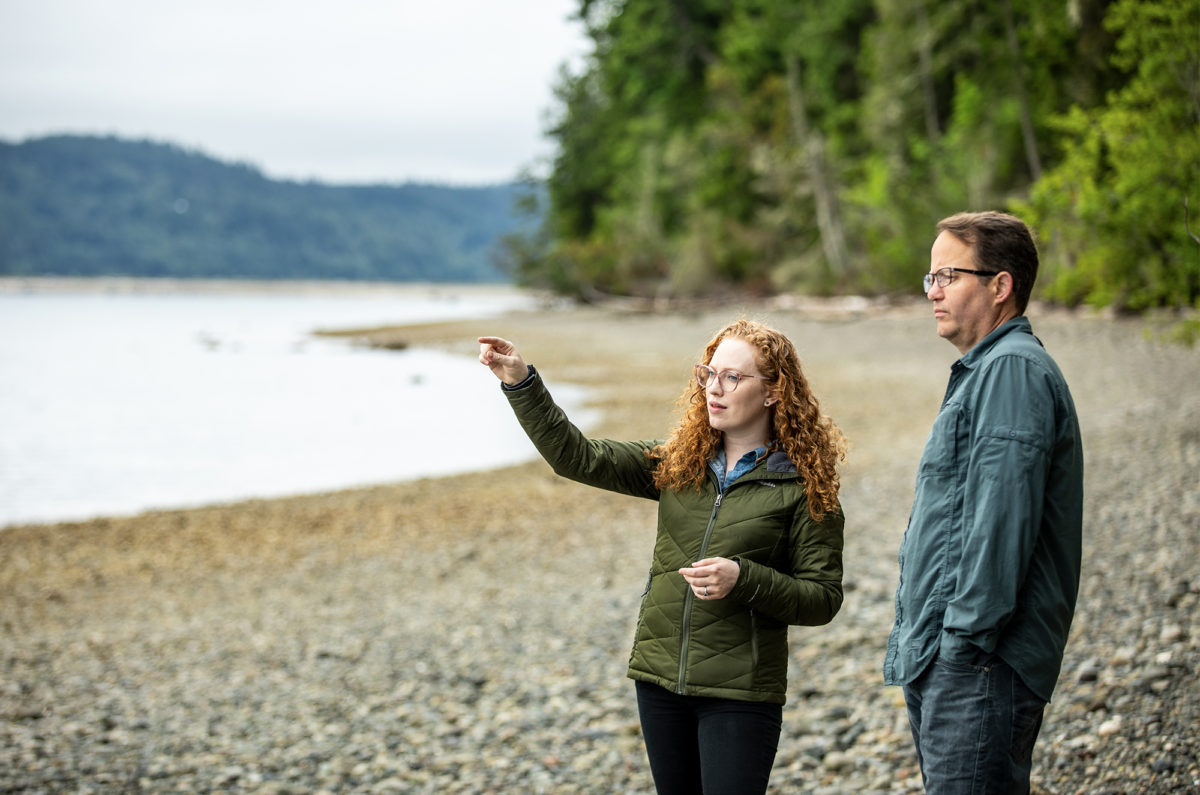EarthLab News
Phil Rigdon Joins EarthLab Advisory Council
Phil Rigdon is the superintendent of the Yakama Nation’s Department of Natural Resources
Phil Rigdon, superintendent of Yakama Nation’s Natural Resources Department, has joined the EarthLab Advisory Council. Chaired by former Interior Secretary and REI CEO Sally Jewell, the council guides and advises the EarthLab executive director on strategic objectives and connects EarthLab with organizations, people, resources and ideas outside of the university.
Read moreEarthLab Welcomes Program on Climate Change to EarthLab Affiliates
EarthLab announced today that the Program on Climate Change (PCC) has become an EarthLab Affiliate Organization. EarthLab Affiliates are University of Washington-based organizations that are similarly seeking to address critical and complex environmental issues. EarthLab and Affiliates support each other’s programs by sharing information, ideas and networks in order to catalyze new relationships and research projects.
Read moreCall for nominations for EarthLab Lunch & Learn Series: Collaborating Across Difference
Each month, we invite two or more individuals from different backgrounds, i.e. sectors/disciplines/communities/geographies, who learned lessons about how to collaborate while working together on a project. To nominate yourself or another team, please email EarthLab Communications Lead Constance McBarron at cmcbar@uw.edu. Nominations are accepted on a rolling basis and we will work with the team directly to secure the date.
Read moreEarthLab Equity and Justice Reads: Homegoing
EarthLab has selected Homegoing by Yaa Gyasi for our equity and justice book club this quarter. EarthLab staff and member organization members will meet on Friday, November 6 to discuss the themes of intersectionality, colonialism and imperialism, and slavery-- and how they relate to the environmental and conservation field.
Read moreEarthLab Feedback Survey (1 minute)
We're looking for your feedback! EarthLab is an innovative initiative at the University of Washington that has grown rapidly. We value your input as we continue developing our strategic plan that will shape our work for the next three-five years.
Read moreWashington Commissioner’s Climate Summit Highlighted Area, Global Vulnerabilities
Dr. Amy Snover of the Climate Impacts Group was a key speaker at the Washington Commissioner’s Climate Summit. National insurance publication Insurance Journal covered the event.
Read moreFaisal Hossain publishes children’s books on STEM
Faisal Hossain, UW professor of civil and environmental engineering and executive committee member of Future Rivers at UW EarthLab, has published two books for young readers: “The Secret Lives of Scientists, Engineers, and Doctors,” volumes one and two, from Mascot Books.
Read moreAccelerating our global response to a worsening crisis
UW’s new Hans Rosling Center for Population Health asked five of the University’s leading voices on climate change and decarbonization to discuss how we can move forward from the pandemic in ways that deliver environmental resilience and positive health outcomes for all.
Amy Snover, director of the Climate Impacts Group and university director of the Northwest Climate Adaptation Science Center, contributed to the series with the following essay.
Read moreJustice and sustainability: Geographer focusing on fair ocean governance in international project
From our economy to our culture and health, our interactions with the ocean are a part of our daily lives in Newfoundland and Labrador. It is only fitting, then, that Memorial University is one of the research universities that is part of the Ocean Nexus Center.
Read moreEarthLab’s ‘Voices Unbound’ second season talks of social tensions from COVID-19
“Voices Unbound: Enviro-Amplify” is a podcast created by EarthLab and UW Tacoma, and hosted by Robin Evans-Agnew associate professor in the school’s Nursing and Healthcare Leadership Program. The podcast has now published its second season.
Read more